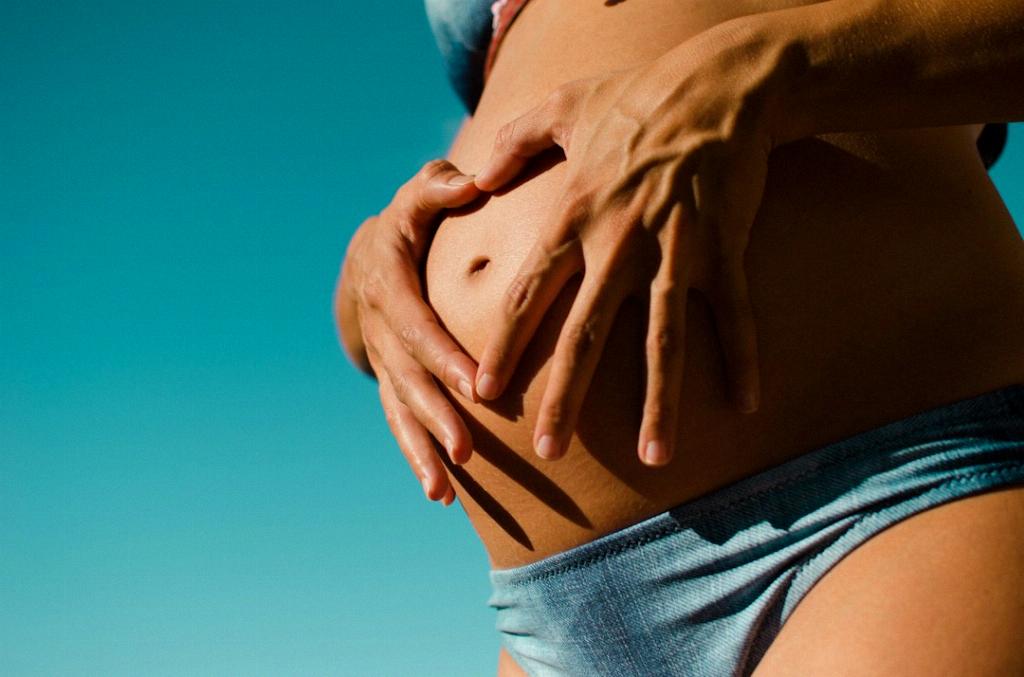By the time you reach 14 weeks of pregnancy, exciting changes are happening within your body. Your little one is steadily growing, and their tiny limbs are becoming more defined. At this stage, your baby is around the size of a peach and is actively moving around in the amniotic sac.
The Miracle of Baby Movements
While your baby is indeed kicking and squirming at 14 weeks, it is unlikely that you will feel these movements just yet. The movements are more subtle and internal, not yet strong enough to be noticeable to you. However, this does not diminish the significance of these early movements in the development of your baby.
Monitoring Baby’s Heartbeat
Although you may not feel your baby moving, your midwife might be able to detect the baby’s heartbeat using a handheld monitor placed on your abdomen. This can be a reassuring experience for many expecting parents as they get to hear the rhythmic sound of their baby’s heart beating away.
Did You Know?
At 14 weeks, your baby is already capable of some surprising actions. One fascinating fact is that inside the womb, your baby is actually urinating! This may sound unusual, but it is a normal part of fetal development as the kidneys begin to function and produce urine.
Anticipation of Feeling Baby Movements
As you progress further into your second trimester, the anticipation of feeling your baby move can be both exciting and nerve-wracking. Some mothers may start to notice the first flutters, also known as “quickening,” around 16-20 weeks of pregnancy.
Factors Affecting Sensation of Baby Movements
Several factors can influence when you begin to feel your baby’s movements, including the position of the placenta, the number of pregnancies you’ve had, and your own body size. If you are eager to feel those first kicks, try to be patient and give your baby time to become stronger.
Understanding Fetal Perception
While you may not be able to feel your baby moving yet, remember that their sensory development is rapidly advancing. By 14 weeks, your baby’s brain and nervous system are forming connections that will eventually allow them to perceive sensations like touch, taste, and sound.
Importance of Prenatal Care
During this critical stage of your pregnancy, it is vital to attend regular prenatal check-ups to monitor your baby’s growth and development. Your healthcare provider can offer guidance, answer your questions, and provide necessary support throughout this journey.
Embracing the Journey
Every pregnancy is unique, and the experience of feeling your baby move for the first time is a special moment for many parents. As you await those first unmistakable flutters and kicks, take this time to bond with your baby and appreciate the miraculous process unfolding within you.
Preparing for Parenting
Feeling your baby move is not just a physical sensation but also an emotional one. It marks the beginning of a lifelong bond between you and your child. Embrace this phase of your pregnancy with joy and anticipation as you prepare to welcome your little one into the world.
Looking Ahead
While you may not feel your baby’s movements at 14 weeks, rest assured that each day brings you closer to that magical moment. Cherish this time of growth, anticipation, and wonder as you embark on the extraordinary journey of pregnancy and parenthood.

